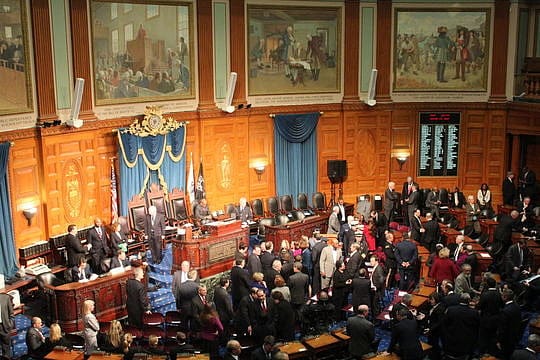Quarantine is a Power of the People, Not Executives

This is our responsibility. Before COVID-19, we the people lost our willingness, and yielded our powers, to make hard decisions. Now we have lost confidence in the experts and executive officials to whom we delegated our powers. But it's no too late to learn from our mistake.
We are all discussing what our president, governors, mayors, and other executive officials should have done differently. But that is the wrong question. A better question is why executives made all the decisions in the first place. The task of deciding when to activate quarantine, war, or other emergency powers belongs to us, the people. After all, it is our lives, health, livelihoods, businesses, vocations, and liberty that are at stake.

